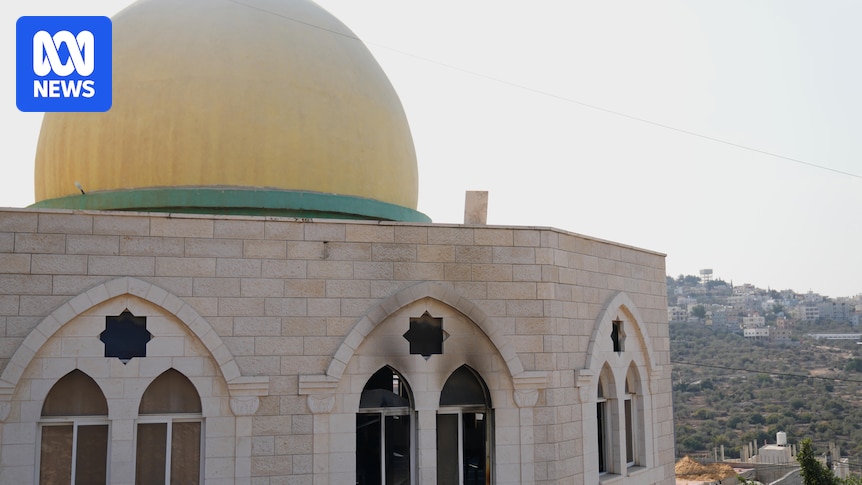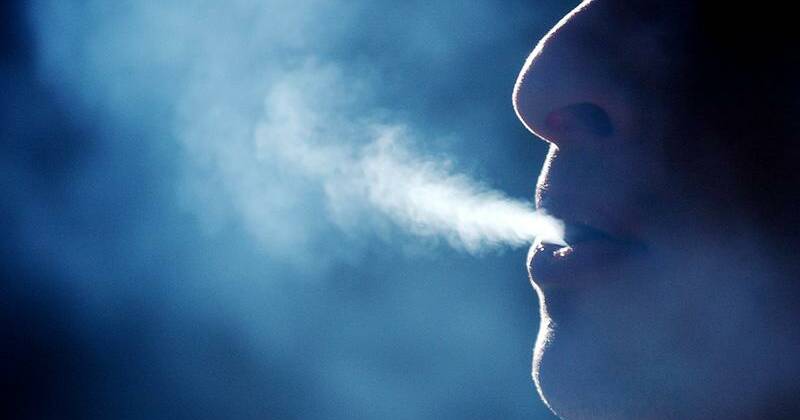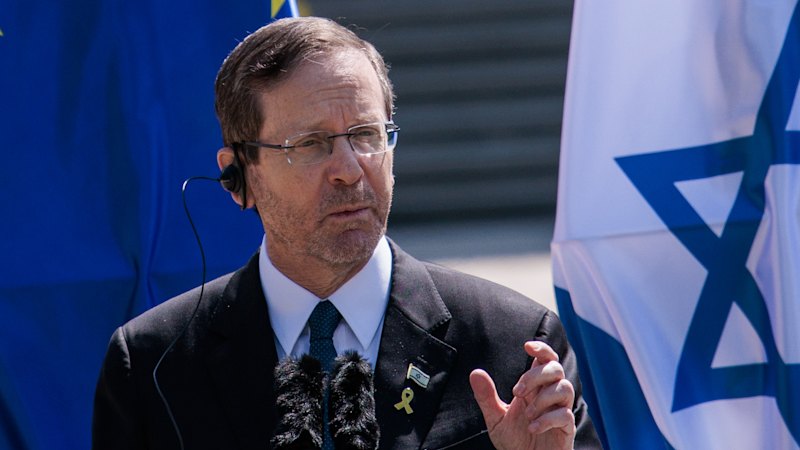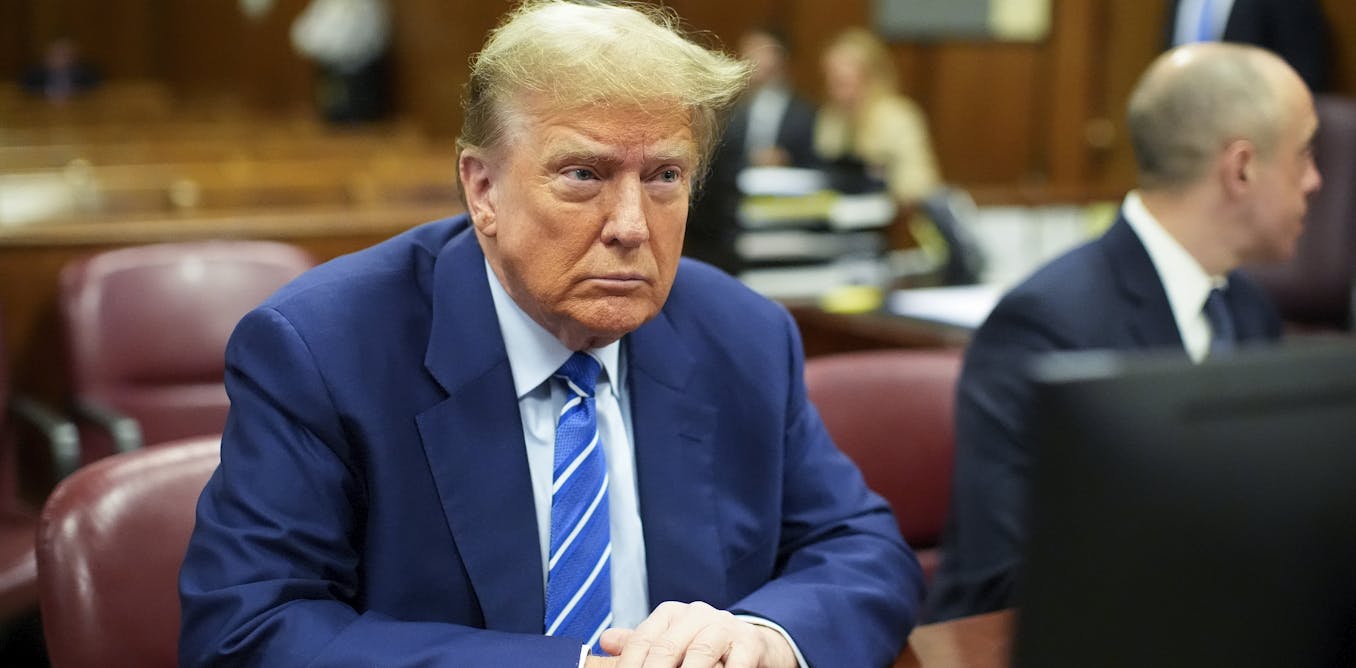
Israeli settlers have set fire to a mosque in the Palestinian village of Deir Istiya in the central West Bank, leaving behind hateful graffiti. This act of defiance follows recent condemnations from some Israeli leaders regarding previous attacks against Palestinians. The incident, which occurred on Thursday, involved the torching of a wall, several copies of the Quran, and parts of the mosque’s carpeting, as reported by the Associated Press.
The graffiti, scrawled in Hebrew, included messages such as “we are not afraid,” “we will revenge again,” and “keep on condemning.” These writings appeared to reference Major General Avi Bluth, the chief of the military’s Central Command, who had issued a rare denunciation of such violence just a day prior.
The Israeli military has stated that troops were dispatched to investigate the scene, but no suspects have been identified. The case has been handed over to the Israeli police and security agency for further investigation.
Escalating Violence and International Concerns
This attack is the latest in a series of violent incidents that have drawn concern from top officials, military leaders, and international figures. At a news conference on Wednesday, U.S. Secretary of State Marco Rubio expressed worries about the potential for West Bank violence to spill over and undermine efforts in Gaza.
Israeli officials have often portrayed settler violence as the actions of a few extremists. However, Palestinians and rights groups argue that such violence is widespread and often goes unpunished, especially under the current right-wing government led by Prime Minister Benjamin Netanyahu, who has yet to comment on the recent surge in violence.
Official Reactions and Rare Condemnations
The recent wave of condemnations was sparked by a particularly audacious attack on Tuesday. In this incident, dozens of masked Israeli settlers set fire to vehicles and other property in the Palestinian villages of Beit Lid and Deir Sharaf. The settlers reportedly fled to a nearby industrial zone and attacked soldiers responding to the violence, damaging a military vehicle. Four Israelis were arrested, and four Palestinians were wounded during the events.
Israeli President Isaac Herzog described these attacks as “shocking and serious.” Although his role is largely ceremonial, Herzog serves as a moral compass and unifying figure for the country. He stated that the violence by a “handful” of perpetrators “crosses a red line” and urged all state authorities to act decisively to eradicate such phenomena.
Echoing Herzog’s sentiments, the Israeli army’s chief of staff, Lieutenant General Eyal Zamir, condemned the violence, emphasizing that the military “will not tolerate the phenomena of a minority of criminals who tarnish a law-abiding public.” He reiterated the army’s commitment to stopping violent acts by settlers, which he described as contrary to Israeli values.
On Wednesday, police reported that three of the suspects were released, while a fourth suspect, a minor, remains in custody on charges of arson and assault.
Historical Context and Ongoing Challenges
Settler violence has been a persistent issue for decades. The mosque in Deir Istiya has previously been targeted, with incidents reported in 2012 and 2014. The violence reached new heights before the Gaza war erupted over two years ago and has continued to escalate.
October marked the highest-ever number of recorded settler attacks in the West Bank since the United Nations Office for the Coordination of Humanitarian Affairs (OCHA) began tracking in 2006.
Palestinians argue that the violence aims to displace them from their lands. OCHA reports that 3,535 Palestinians have been displaced due to settler violence or access restrictions since 2023, a significant increase from prior years.
Settlement Expansion and Government Policies
Under Prime Minister Netanyahu’s right-wing government, settlers have expanded beyond existing settlements, establishing new farming outposts known as “young settlements.” These outposts often encroach upon Palestinian villages, taking control of agricultural lands and water sources.
Human rights organizations accuse the Israeli army and police of failing to prevent settler attacks. The government, dominated by far-right proponents of the settler movement, includes figures like Finance Minister Bezalel Smotrich and Cabinet Minister Itamar Ben-Gvir, who oversee settlement policy and the police force, respectively.
According to Yesh Din, an Israeli human rights group, about 94% of investigation files opened by the Israeli Police into settler violence from 2005 to 2024 ended without indictment.
As tensions continue to rise, the international community watches closely, concerned about the potential for further escalation and its implications for regional stability.







